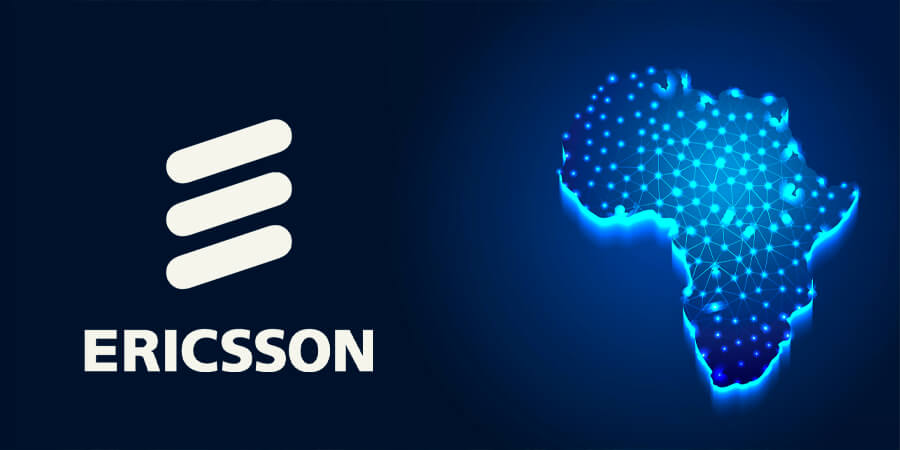Physical Address
60 Ekwema Cres, Layout 460281, Imo
Physical Address
60 Ekwema Cres, Layout 460281, Imo

Ericsson wants to develop private networks in Africa, focusing especially on the mining industry. The Swedish telecom giant plans to build private mobile networks that can operate on their own or alongside existing mobile operators. This will help boost their role and presence across the continent.
Badr Ndour, who leads Ericsson’s Networks division for West and Southern Africa, shared these plans during the Africa Tech Festival held recently in Cape Town, South Africa. He explained that Ericsson private networks in Africa are part of a bigger goal to close the digital gap, especially by improving internet access in rural areas. By targeting key industries like mining, Ericsson aims to help grow the continent’s economy through better connectivity.
Read Next: Vanu has Partnered with Amazon to Speed Up Rural Coverage in Africa
When it comes to 5G, Ndour pointed out how important this new technology is. He described 5G as more than just fast internet—it’s a powerful tool that makes connecting people and businesses easier and quicker. Unlike laying cables or fiber optics, 5G can instantly reach thousands of users. He sees it as a great chance for Africa to expand coverage, particularly in places where traditional infrastructure is hard to build. This fixed wireless access could be a game changer for many remote areas on the continent.

On top of this, Ericsson wants to use 5G to support industries by adding connectivity that boosts automation and speeds up production. Mining companies, for example, can become more agile and efficient by adding these advanced networks. Ericsson is also incorporating AI tech to make their networks smarter—saving energy and improving how networks are planned and run.
Ndour also reminded everyone of Ericsson’s long history in Africa. The company started as far back as the early 1900s with fixed telephone lines in countries like Kenya, Egypt, and Morocco. Since then, Ericsson has stayed connected to Africa through every generation of telecom tech: from fixed lines to 2G, then 3G, 4G, and now 5G. This shows a strong commitment to the continent’s progress.
Read Next: KCB Partners With Pesapal To Digitize Fuel Station Operations In East Africa
Today, Ericsson is involved in nearly every African country. Their work covers a wide range of services, from providing radio infrastructure to managing core networks and prepaid systems. Ndour emphasized how vital affordable connectivity is for telecommunications to succeed in Africa, and how Ericsson continues to play a key role in making that happen.
Ericsson wants to develop private networks in Africa that not only enhance connectivity but also support industrial growth, especially in mining. Their investment in new technologies like 5G and AI signals a serious commitment to helping the continent move forward digitally, making it easier for businesses and people to connect no matter where they are.
Was this information useful? Drop a nice comment below. You can also check out other useful contents by following us on X/Twitter @siliconafritech, Instagram @Siliconafricatech, or Facebook @SiliconAfrica.